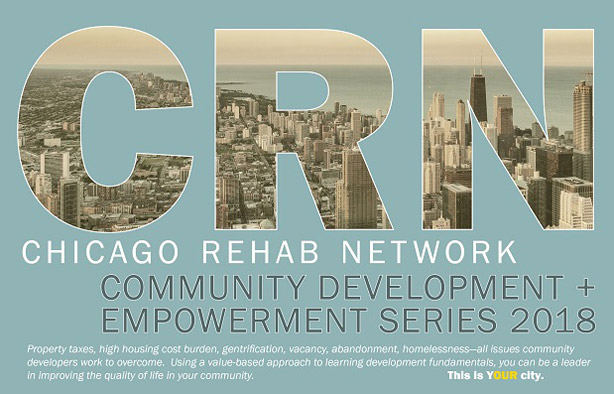Addiction And Psychology Oakland ME
Home
Top Addiction And Psychology Oakland ME Resources and Information Online
Addiction And Psychology Oakland ME
You’ll obtain information on and access to the best rehabilitation centers with trained, professional staff who can help you find an inpatient, or residential, treatment facility with a proven record of success. The counselor you reach on our crisis hotline can help you navigate the process and give you the specific professional guidance you need to help those you love.
Prescription Drug Abuse Chart - The National Institute on Drug Abuse (NIDA) The 10 most dangerous drugs: Researchers at the University of Bristol, UK, used an evidence-based approach to assess the harm associated with drugs.[3] After considering the physical harm to the user, the drug's potential for addiction, and the impact on society of drug use, they came up with this list: Heroin Cocaine Barbiturates Street Methadone Alcohol Ketamine Benzodiazepines Amphetamine Tobacco Buprenorphine Commonly abused drugs: Amphetamines/Methamphetamine, Anorectic Drugs, Barbiturates, Benzodiazepines, Buprenorphine, Butorphanol, Cannabis, Chloral Hydrate, Cocaine, Codeine, Depressants, Dextroproxyphene, Fentanyl, Flunitrazepam (Rohypnol), Gamma Hydroxybutyrate (GHB), Glutethimide and Methaqualone, Hallucinogens, Hashish, Hashish Oil, Heroin, Hydrocodone, Hydromorphone (Dilaudid), Inhalants, Ketamine, Khat, LAAM, Lysergic Acid Diethylamide (LSD), Marijuana, MDMA (Ecstasy), Meperidine, Meprobamate, Methadone, Methcathinone, Methylphenidate (Ritalin), Morphine, Narcotics, Opium, Oxycodone, Pentazocine (Talwin), Paraldehyde (Paral), Peyote and Mescaline, Phencyclidine (PCP), Psiocybin and Psilocyne and other Tryptamines, Steroids, Stimulants, Thebaine References U. Hope Without Commitment Find the best treatment options.
Right here are Some More Resources on Crack Cocaine Rehab Programs

Here are Some More Details on Crack Cocaine Rehab Programs Oakland ME
From the perspective of one who does not use drugs, behaviors and attitudes of those under the influence are irrational and without cause. Marijuana remains the most commonly abused drug in the nation, with nearly 12 percent of the United States population having engaged in marijuana use.
Here are Some More Details on Crack Cocaine Rehab Programs
Starting off sobriety by leaving a program early rarely works, as you have failed as soon as you leave early from the program. The organizers of Christian rehabilitation centers are pastors, priests, elders, deacons etc who have invested large interest in assisting those with broken lives.
Below are Some More Resources on Antabuse Abuse Treatment Centers Oakland ME
Nicotine patches used over a period of several weeks with decreasing amounts of nicotine, for example, reduce the cravings for tobacco and eventually help to kick the habit. With the Christian faith, reconstruction of the patient’s identity, values, and interpersonal relationships becomes easier, thus, making the journey of Christian Rehabilitation a more successful treatment over traditional systems in the mainstream. We know what it is like to feel pain, to feel like you don't fit in, to feel the need to medicate ourselves, just to get through the day. When making a commitment for treatment at one of these centers, try to finish the program.
Click Here for More Information
Previous Next
You may also like:
How Drug Rehab Works Buckhannon WV
Concerta Detox Treatment Clinic Stockbridge MI
Butorphanol Detox Clinic Harrisonville MO
Kadian Rehab Clinics Colona IL
Lunesta Abuse Center Rothville MO
Hash Addiction Detox Clinics Stratton ME
Christian Help For Alcoholics Ryder ND
Roxicodone Addiction Rehab Facility Marengo IL
Buprenorphine Addiction Treatment Center Elgin SC
Amytal Abuse Clinic Elverta CA
Halcion Detox Treatment Program Lamar SC
Heroin Addiction Detox Clinic West Columbia WV
Rohypnol Addiction Program Oil City LA
Demerol Abuse Facilities Garfield MN
Lorazepam Addiction Treatment Centers Garfield NM
Methadone Detox Near Me Montvale VA
Complete Drug Detox Nelson PA
Halcion Rehab Facility Near Me Eupora MS
Dextroamphetamine Rehab Treatment Facilities Boonville NY
Tranquilizers Rehab Center Saint Landry LA